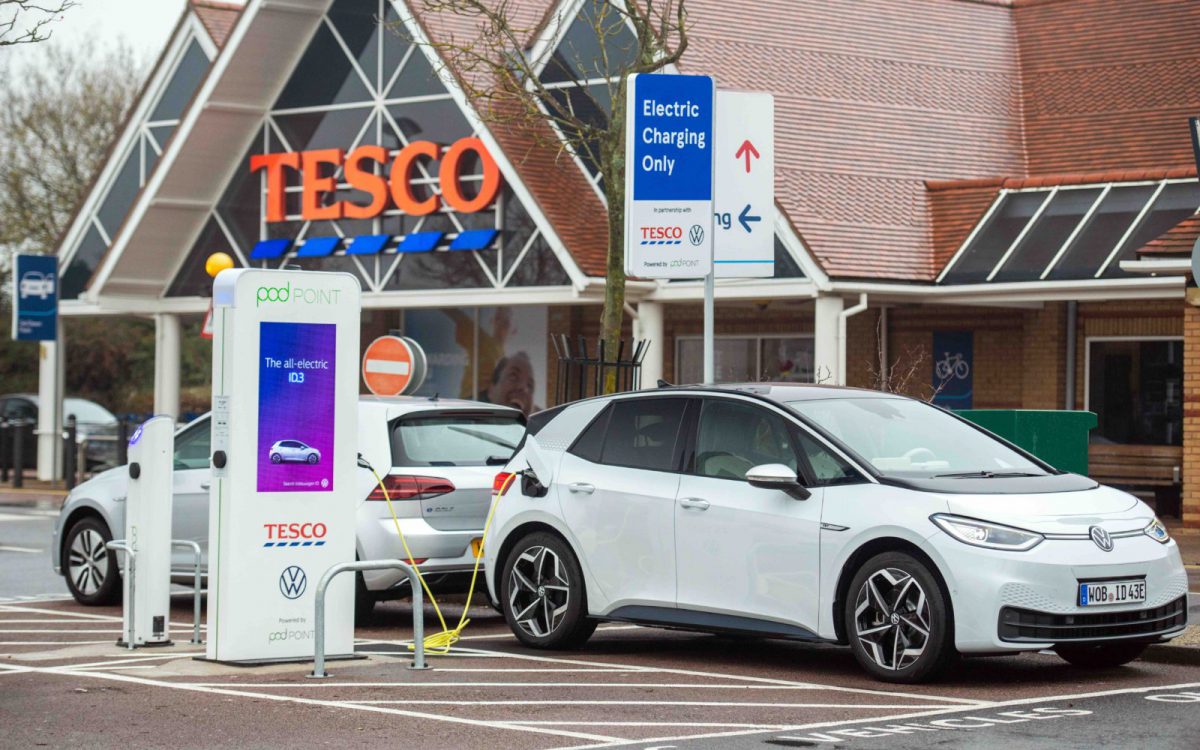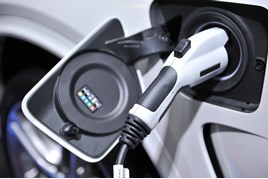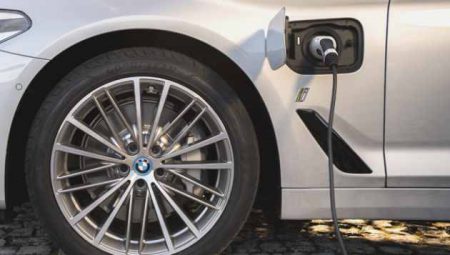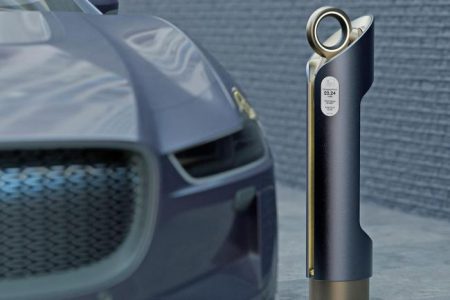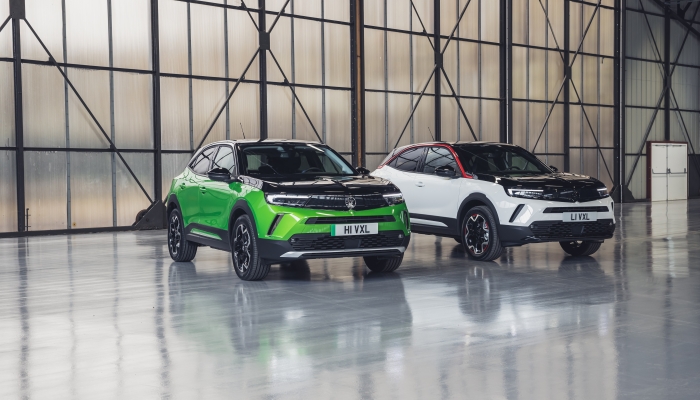Suddenly feeling the urge to go green? It needn’t be as boring as you think…
Hard to think that Renault’s electric runabout has been around for well over 15 years, if you count the original Zoe City Car concept. It’s undergone a fair number of changes over the years and yet it still manages to keep up with the ever changing – and ever expanding – EV market.
The Zoe proved that you didn’t need to spend Tesla money, or buy a Reeva G-Wiz, to live the affordable EV life. It launched with a 22kWh lithium-ion battery pack that, admittedly, offered a relatively underwhelming 130 miles of range under the, er, optimistic NEDC standards. This was later updated in 2016 to a 41kWh pack with a far more respectable range of 250 miles. These are now available for under £15,000 and are arguably the sweet spot if you’re hunting for a cheap-yet-dependable EV.

For £14,200, you can grab this 41kWh Zoe Dynamic Nav, which comes loaded with kit such as a 7.0-inch touchscreen, sat nav and climate control (just be careful how you use it). Bear in mind it’s a battery lease vehicle, meaning you’ll have to pay a monthly fee (starting from £49pm) to use the thing, but in the grand scheme of things it’ll work out cheaper for most over those where the battery was bought outright. It’s a similar story with the Nissan Leaf, which can be had for comparable money to the Zoe, but you’ll be looking at one of the older models with a smaller range. For cheap EV ownership, nothing beats a Zoe.
Read more: PistonHeads
It’s Time to Go Green!
If you would like to know more about Solar Panels and the PowerBanx range of home battery systems, and get a free instant quote, please complete our online form:


